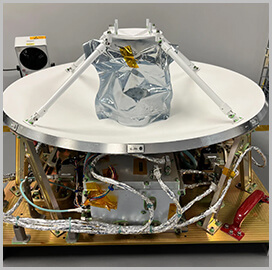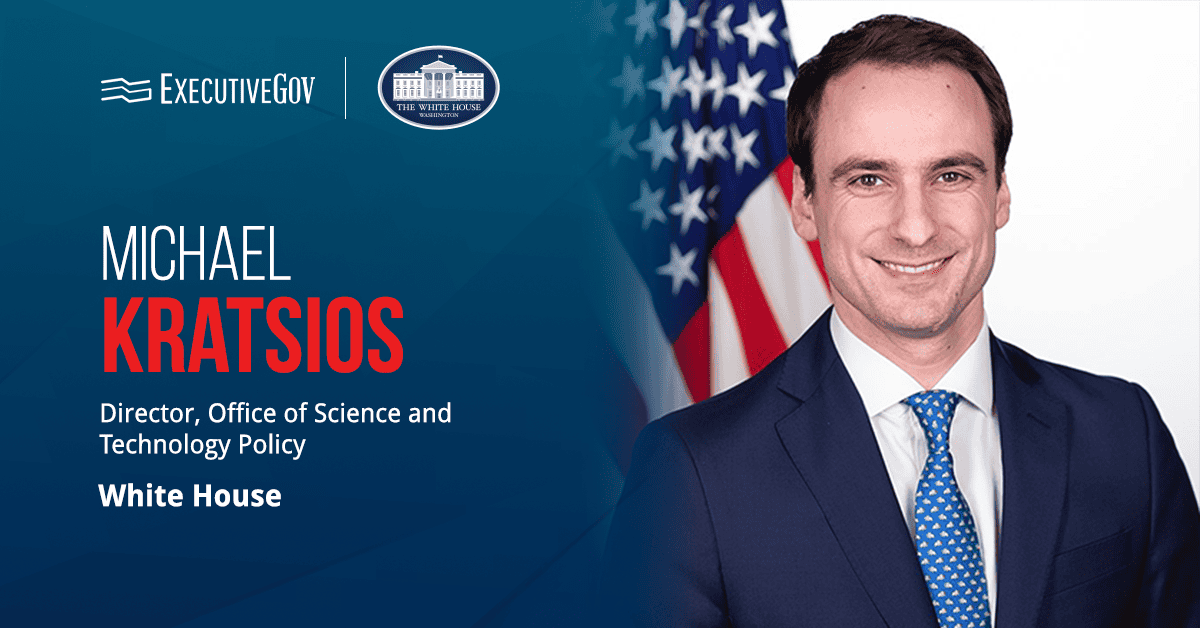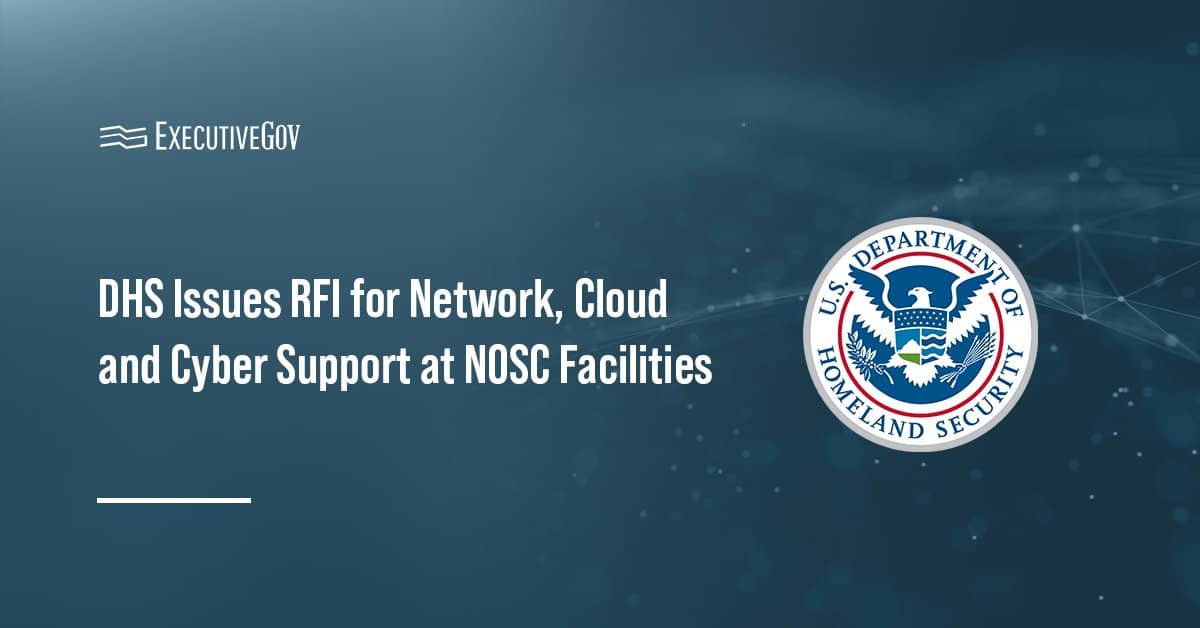NASA has collaborated with the Johns Hopkins University Applied Physics Laboratory to test a wideband polylingual terminal prototype for use in the agency’s Space Communications and Navigation program.
The Polylingual Experimental Terminal, or PExT, will be integrated with a York Space Systems-built S-class spacecraft bus and fly on SpaceX’s Falcon 9 Transporter-11 mission in June 2024 for a six-month testing period, NASA said Thursday.
During the test, PExT will showcase contact and link management, forward and return link data flow and roaming between NASA’s legacy Tracking and Data Relay Satellite network and three commercial relay networks.
The terminal will also be assessed in mission scenarios such as self-pointing capabilities, long-term schedule execution, waveform adaptation and reloading, link fault recovery and command stack protection.





